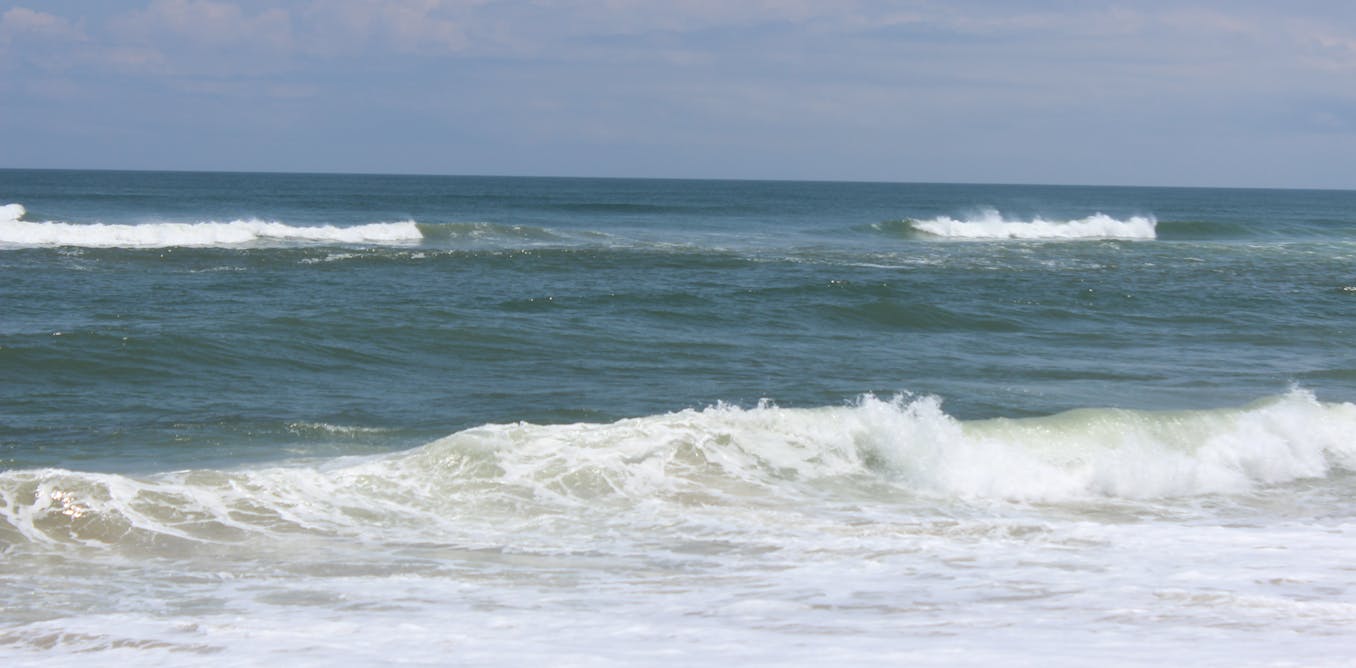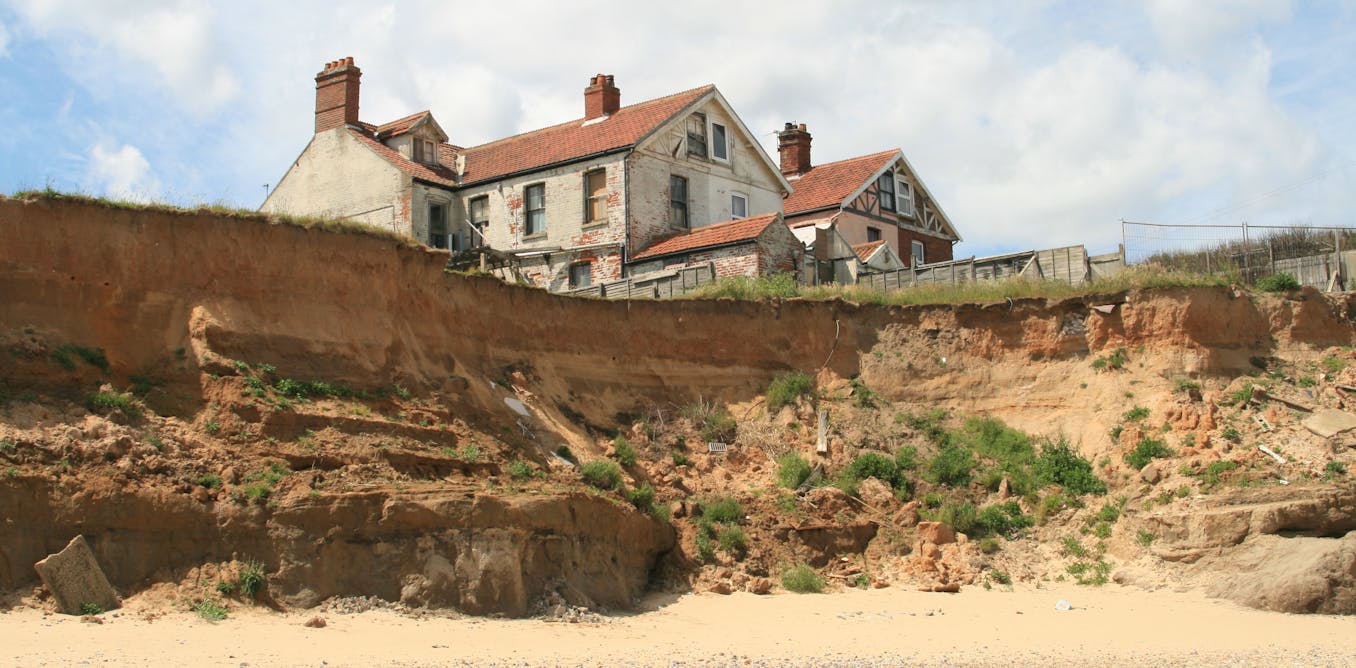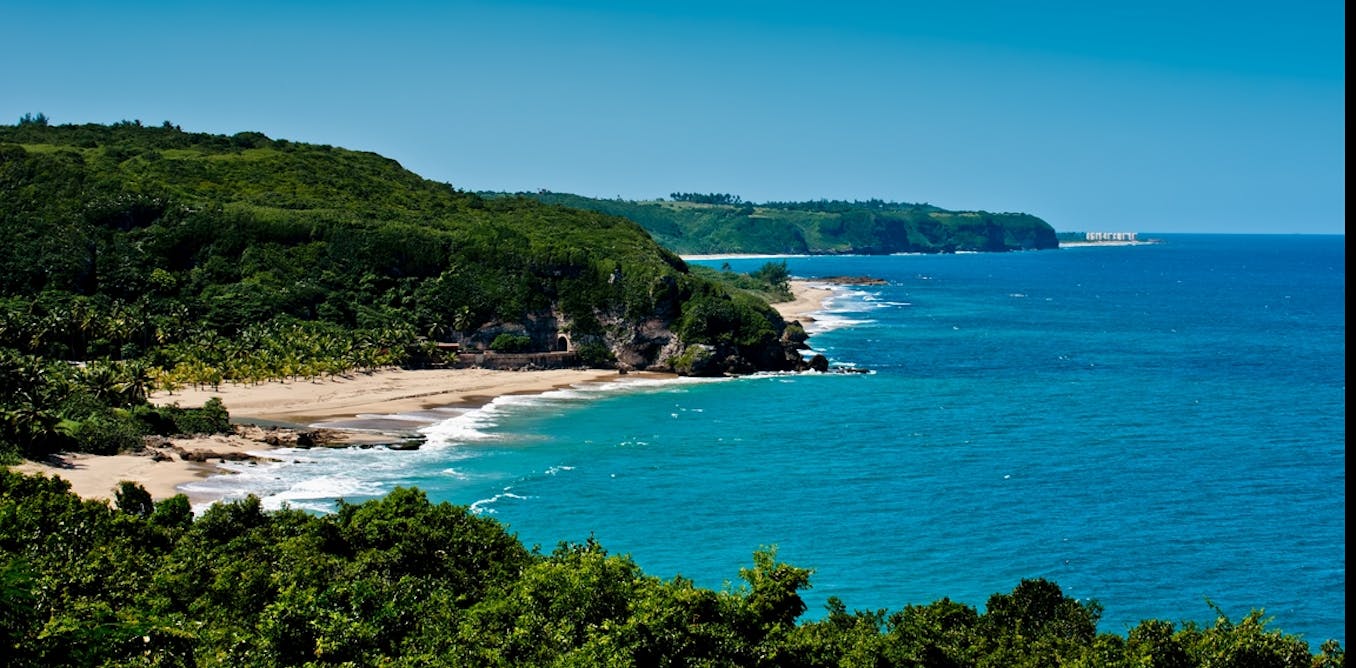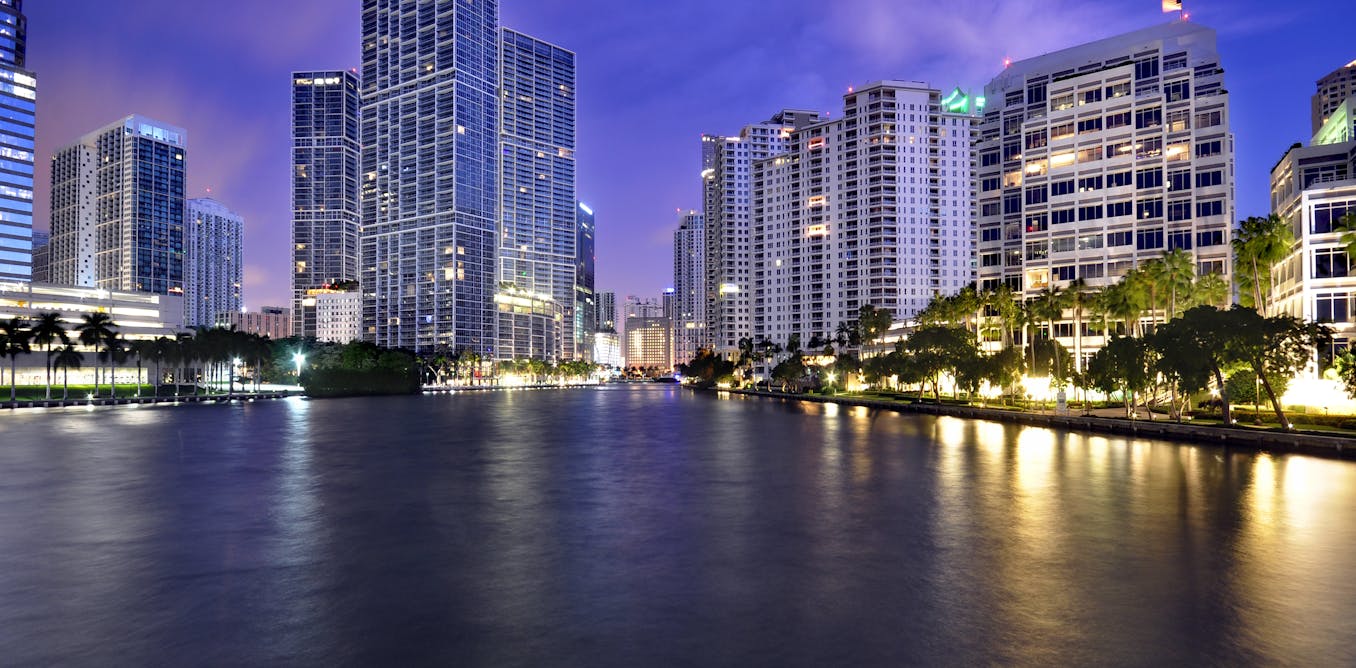Rip currents are dangerous for swimmers but also ecologically important – here's how scientists are working to understand these 'rivers of the sea'
Rip currents are a leading cause of near-shore drownings, but there are effective ways to survive one. And these phenomena also play important ecological roles that are an emerging research area.
July 21, 2023 • ~8 min










